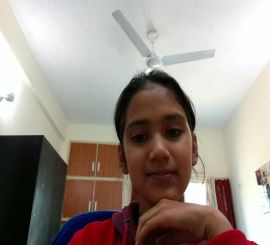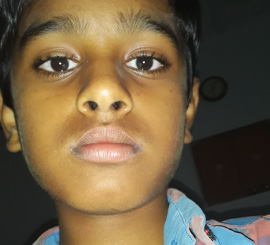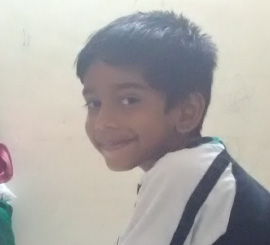Back
Curious Questions from Curious Minds!
Welcome to Curiopedia, where imagination and discovery take shape! Discover something new today with these curious questions from children. Click on the ‘View Answer’ button to find out the answer! If you want your (child’s) curious question answered and featured here, submit it now.
Month Year
-

Pain from pressure
Why do our ears pain when we are travelling in hilly regions?
Aarohi , Kapurthala
View AnswerThe air pressure outside the human body changes as altitude changes. This creates a difference in pressure on the two sides of the eardrum, causing you to feel some pressure, blockage, or pain, as a result.
-

Fast pace
Why does the heart beat fast when we run fast?
Aayush K Singh , Kochi
View AnswerWhen running or exercising, in general, our muscles require more nutrients in the form of blood sugar (glucose), lipids (fats), amino acids (protein), and oxygen. The increased demands for energy and strength, increases the heart rate and breathing rate and so increases the blood flow to the muscles. Once the maximum level of blood flow has been reached you have maxed out aerobic capacity. So, the heart beats faster. Simultaneously, waste products such as carbon dioxide and lactic acid are also flushed away from the muscles continuously to reduce fatigue.
-

Get a backbone!
Why are some animals called vertebrates?
Vikash , Dharapuram
View AnswerVertebrates are so named because of the series of small bones that run along their backs known as vertebrae. Animals that have a backbone tend to be stronger and faster than animals that do not. Mammals, birds, fish, amphibians, and reptiles are vertebrates. Animals that do not have a backbone are called invertebrates such as insects, crustaceans (like crabs and lobsters), and many others.
-

Red reaction
Why does iron rust?
Vasisht Santhosh , Thiruvananthapuram
View AnswerWhen a piece of iron is left out in the open for a while, a reddish-brown substance called rust or iron oxide gets deposited on its surface. Rusting occurs when iron is exposed to oxygen in the air. Rusting is faster in areas of high humidity as the content of moisture in the air is higher.